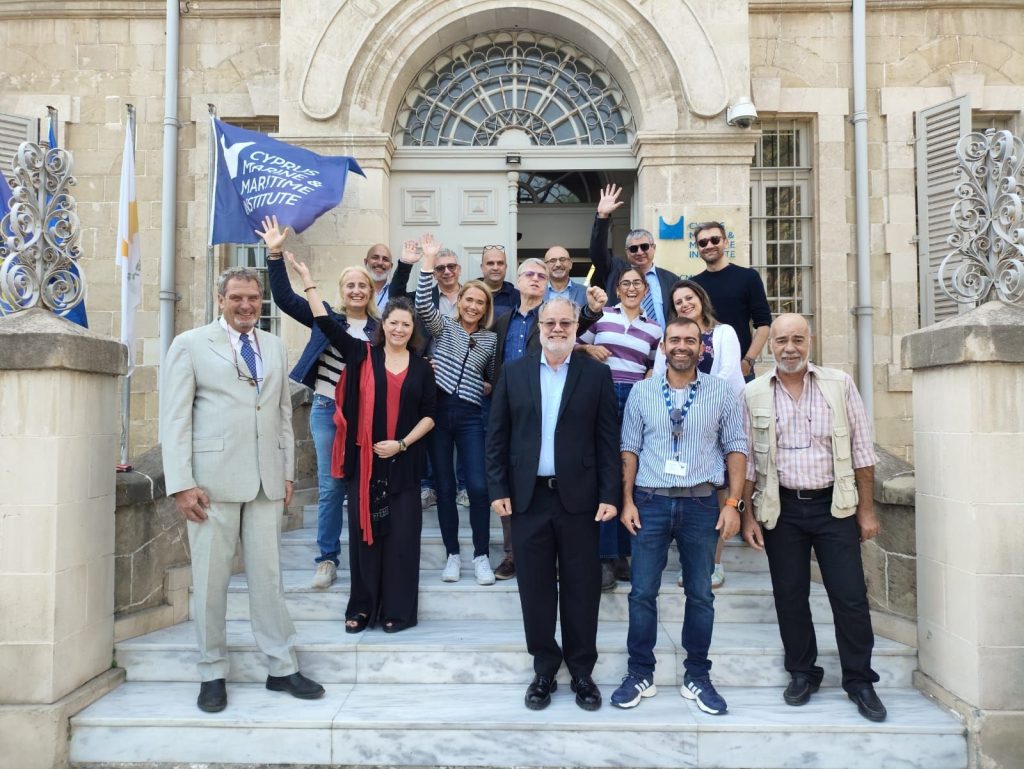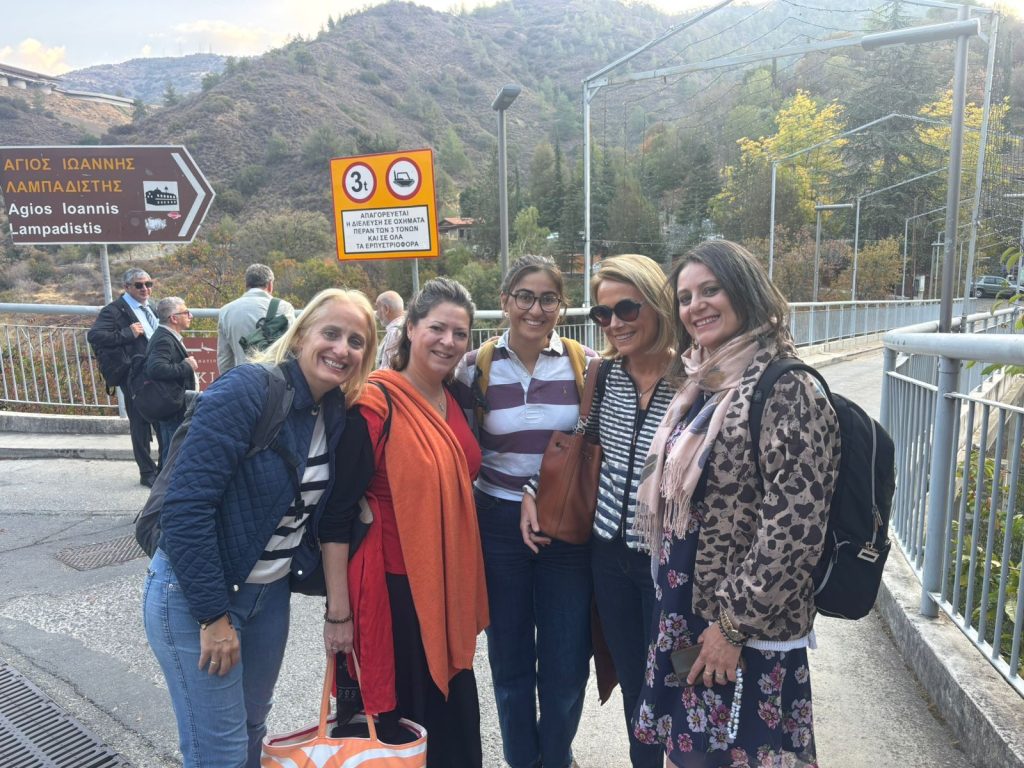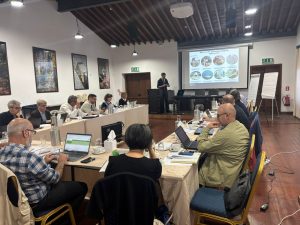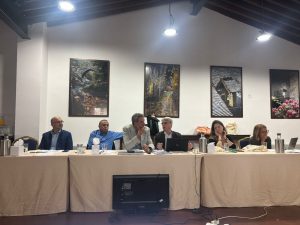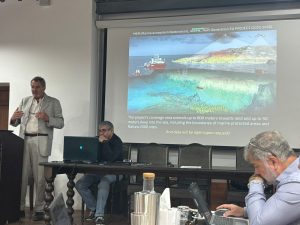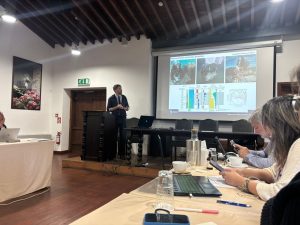CIESM Workshop 54, entitled “High-Resolution Morpho-Bathymetric Data for Coastal Management: Where Land Meets Sea and Science Meets Policy,” took place this week in Cyprus, gathering experts from across the Mediterranean, including Italy, France, Greece, Spain, Malta, Tunisia, Egypt, Albania and Cyprus — in a truly interdisciplinary forum bridging geology, biology, archaeology, oceanography, and coastal engineering.
Over three days of discussion and exchange, participants explored how high-resolution morpho-bathymetric and sediment data can advance understanding of coastal dynamics and inform better responses to human pressures and natural hazards.
Emphasis was placed on the growing societal importance of bathymetric information, particularly in supporting habitat mapping, marine archaeological research, coastal hazard assessment, and the development of Digital Twin tools for integrated coastal management.
A key outcome of the workshop was the collective recognition that data sharing and coordination among institutions and individual data owners are urgently needed. By bringing together datasets from multiple sources — such as photogrammetric surveys, sediment sampling, and marine archaeological mapping — the scientific community can create richer, interoperable resources that benefit research, policy, and coastal populations alike.
Participants also stressed the need to ensure that bathymetric maps and derived products reach the highest possible resolution, integrating complementary data from geological, oceanographic, biological, and cultural heritage surveys. Such integration is essential to capture the complexity of Mediterranean coastal systems and to address the increasing vulnerability of communities living along the shore.
As a gesture of appreciation and collaboration, on the final day of the workshop, preliminary data of major societal relevance were shared with Cypriot authorities, underlining the importance of open communication between science and governance.

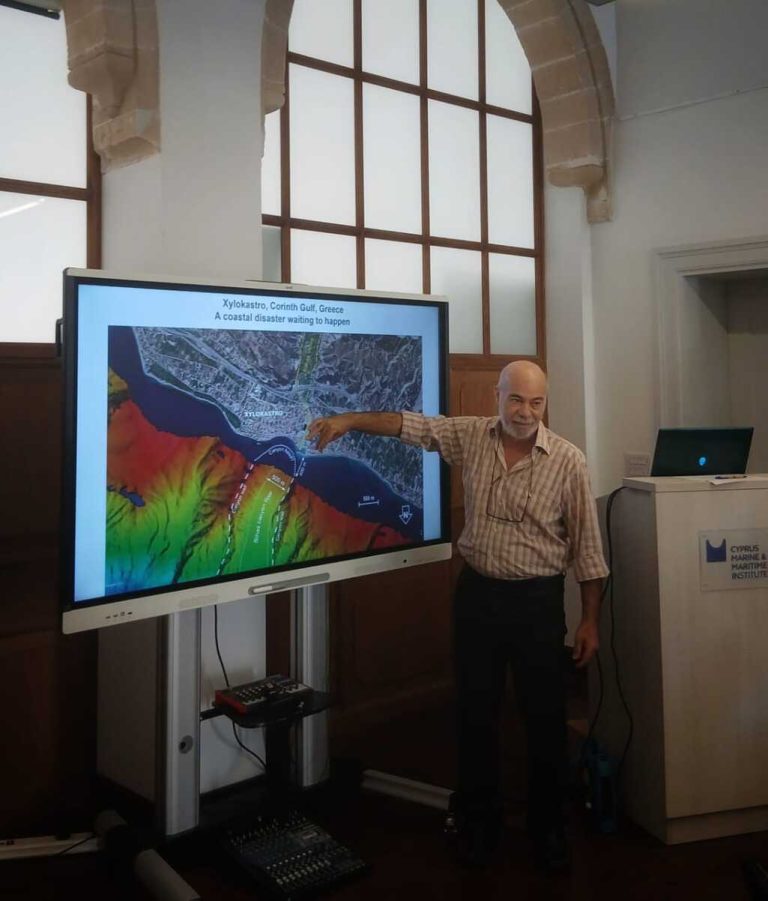

CIESM extends its sincere gratitude to all those who contributed to the success of this Workshop, both through their organizational support and their active scientific engagement.
The collaboration and hospitality extended by our Cypriot hosts and partners played a key role in ensuring the fruitful outcome of the meeting.
All scientific outcomes and policy recommendations will be published in the forthcoming CIESM Workshop Monograph No. 54.
